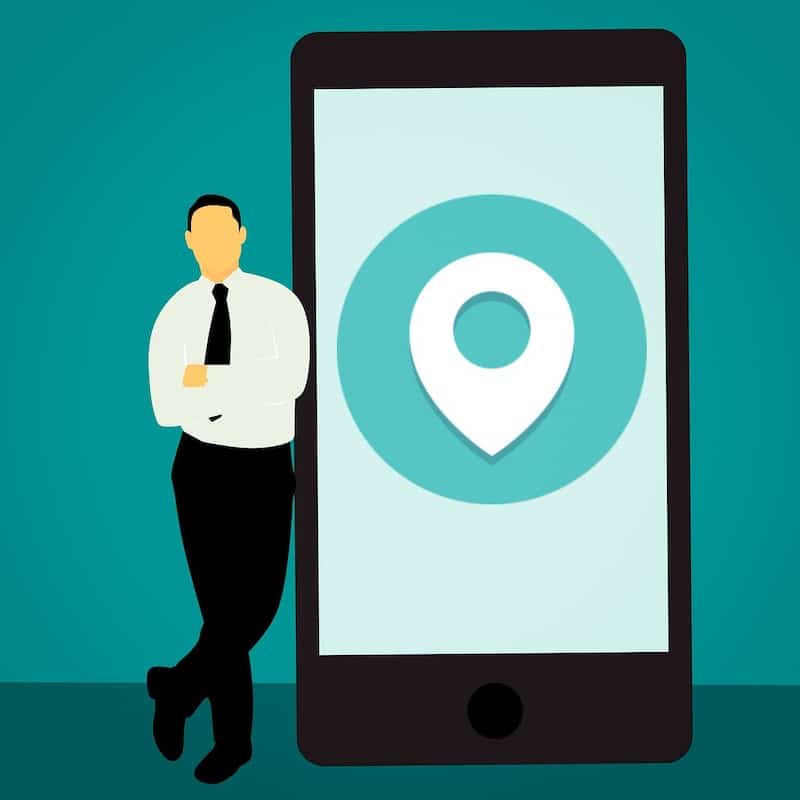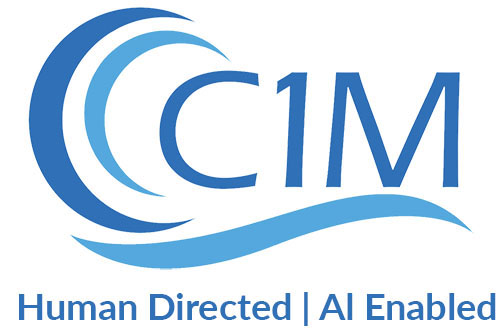
When was the last time that you searched for a local business’s contact information in the phone book?
If it’s been a while, you aren’t alone. More and more consumers today are choosing the Internet for this task instead of the phone books, and for a good reason.
It’s easier, faster and more accurate to search for a local business’s address and phone number on Google as opposed to sifting through hundreds of pages in a phone book.
For local business owners, this is a trend that you should not ignore. If you own a local business, you should actively work to improve your website’s search ranking for those critical local-based searches.
Google’s Local Search Ranking Algorithm: What You Should Know
Google uses a different algorithm to determine websites’ rankings for local searches. You can see for yourself by searching for a local business like “movies,” at which point you’ll probably see listings for movie theaters in and around your area.
The search engine giant automatically checks your Internet Protocol (IP) address to determine where you are located. And using this information, it pulls relevant business listings from your area.
Unfortunately, Google has yet to reveal the exact algorithm it uses to determine where and how local businesses rank in its index, nor will it likely release this information shortly.
If it did, nefarious marketers would manipulate their rankings to surpass their competitors.
With that said, there are still some fundamental search ranking signals that play a role in local search rankings. By targeting and utilizing these signals, you can improve your local search ranking while generating more traffic and sales in the process.
1. Backlinks
Let’s first go ahead and cover one of the most obvious local search ranking signals: backlinks. Ever since the dawn of the Internet, search engines like Google have used backlinks to determine where and how to rank websites. If a website has links coming from other authoritative and reputable sources, it will likely rank higher than a competing website with few-to-no “quality” backlinks.
According to the search marketing experts at Moz, backlinks are among the most influential local search ranking signals used by Google.
This doesn’t necessarily mean that more backlinks will translate into a higher local search ranking, however.
Here are a few indications of a high-quality backlink when used for local search optimization (LSO) purposes:
- Relevant to your business’s industry or niche.
- Few outbound links.
- Aged (older websites have more authority that new websites).
- Website on which the backlink is located near your own business.
2. Name, Address and Phone Number
Including your business’s contact information on your website is another important local search ranking signal.
More specifically, you should make it a point to include your business’s name, address and phone number — known collectively as “NAP” — on your website.
Search engines work by crawling websites, during which they analyze their content. Assuming your business’s NAP is displayed in plain text format, search engines will read this and use it to determine your website’s search ranking.
The key thing to remember is that you want to display your business’s NAP in plain text, NOT images, Flash or other forms of media.
The problem with the latter is the search engines may or may not be able to read it properly. And if they can’t read your NAP, it’s not going to prove useful in boosting your local search ranking.
Stick with a plain text format when displaying your NAP just to be on the safe side.
3. Social Media
Don’t forget to use social media when optimizing your website for higher local search rankings. Facebook and even Twitter are all highly useful tools in optimizing a website for local search rankings.
As long as your website is linked to your social accounts, search engines will connect the dots, using this as a ranking signal.
Furthermore, you can usually display your business’s NAP and other contact information on your social media profiles, which also helps for LSO.
4. Google My Business
Another highly important step in LSO is the presence of a Google My Business (GMB) listing. Not to be confused with Google+, GMB is a listing service designed specifically for local businesses and organizations.
Many search marketing experts believe GMB listing is one of the most important, if not the most important, local search ranking signal used by Google.
It takes more than just a basic GMB listing to achieve a top local search ranking, though. Be sure to complete your listing, including your business’s contact information, background and other relevant information.
Also, upload several photos of your business to show prospects and customers what it looks like. It’s the little details such as this that will distinguish your business’s GMB listing from your competitors’ listings.
5. Customer Reviews
Whether it’s on Facebook or GMB, you should ask customers to leave honest reviews about your business. Search engines will see that customers around your city are leaving reviews, using this as part of their ranking algorithm.
Keep in mind that some customers may leave a negative, and that’s okay. As long as your positive reviews greatly outweigh the negatives, it should be beneficial for your LSO efforts.
You can also reach out to customers who leave negative reviews to see what was wrong and how you can resolve their problem. Taking a proactive approach such as this can often turn negative reviews into positive ones.
Have any other LSO tips that you would like to share with our readers? Let us know in the comments section below!
Need help with getting your local business’s website to rank higher? Contact us here to see how we can help!


